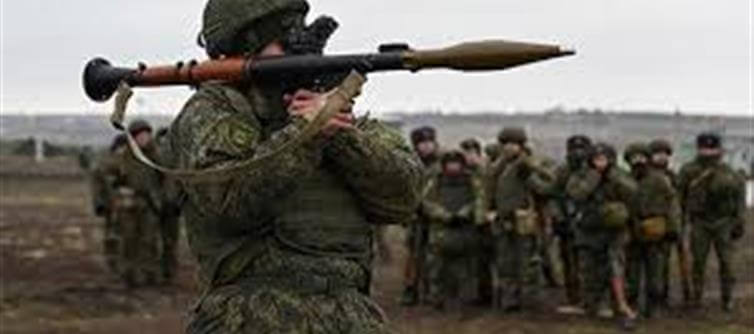Russia is already one of the countries where the rate of
hiv infection is the highest in the world. Now the
ukraine war has made this situation even more frightening. According to reports, the rate of
hiv infection in Russian soldiers has increased by 20 to 40 times since the start of the war.
There are several possible reasons for this increase. First, the mental state of soldiers is under extreme pressure in the stressful environment of war. They are living in a mindset where there may be no tomorrow and this thinking leads them to unsafe
sex and addiction. Reports have also revealed that some soldiers are using
drugs from the same syringe, which increases the risk of infection manifold.
Lack of
health resources and negligence in the
war zone
There is a severe lack of
health services in Russian military bases located on the
ukraine border. The absence of basic facilities like condoms, treatment of infected soldiers in field hospitals without any safety measures and lack of sterilization are proving to be helpful in spreading
hiv infection rapidly.
A report by Firstpost said that many infected soldiers are admitted for treatment in emergency situations, but due to lack of time and resources, precautions are not taken there. This is spreading the infection even faster. This reflects a healthcare emergency situation that is being suppressed in the
shadow of war.
Are
hiv infected prisoners being recruited from prisons?
Another shocking thing has come to light in the reports.
russia is recruiting soldiers directly from prisons, which also include many
hiv positive prisoners. This step may have been taken in an attempt to increase military numbers, but its long-term consequences can be serious. According to Ukrainian officials, at least 20% of new recruits in Russian soldiers are
hiv positive. Its effect is not limited to the military sector, but it has the power to affect an entire healthcare system. This is a new conflict between wartime strategy and human rights.
Life-saving anti-viral
drugs and their limitations
Some Russian soldiers revealed that they are given anti-viral
drugs to prepare for
war despite
hiv infection. These
drugs do not cure the disease, but reduce the effect of the virus and strengthen the body's immune system. This reduces the chances of getting infected with other diseases. However, maintaining a continuous supply of these
drugs in the
war zone is a huge challenge. Limited resources and administrative negligence are leaving this effort incomplete.





 click and follow Indiaherald WhatsApp channel
click and follow Indiaherald WhatsApp channel